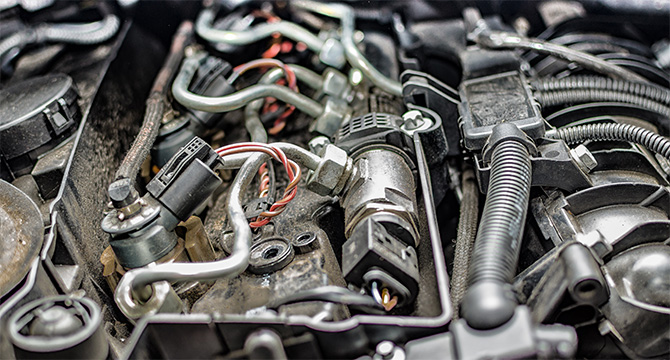Alert from Foley’s Mexico City Office – New Product Safety Requirements and Recall Procedures Adopted in Mexico: Time for Manufacturers to Update their Compliance Programs in Mexico

The commercial and legal environment on product safety in vehicles, auto parts and other products has substantially changed in Mexico in 2018. Automotive parts manufacturers carrying out business activities in Mexico should now be implementing increased efforts to comply with and properly react to new legislation, policies, recall procedures and safety standards that are now applicable in Mexico.
Under new legislation, recall procedures are now mandatory in Mexico.
Pursuant to modifications to the Federal Law of Protection to the Consumer enacted earlier this year, the Federal Consumer Protection Agency (PROFECO) can now: (1) remove or call for repairing defective and insecure products, (2) open investigations on product safety concerns, and (3) impose relevant sanctions on manufacturing companies in Mexico that do not comply with product safety standards, or that otherwise could harm the life, safety or health of consumers. Prior to these legal amendments, the recall procedures were wholly voluntary, although as a matter of best practice most manufacturers followed their recall procedures employed in other international markets. Also, before the recent amendments, the calls carried out by PROFECO after the vehicle and other manufacturing companies commenced recall procedures were only for disclosure purposes to the end customers in Mexico. PROFECO did not in practice impose sanctions to enforce the consumer protection laws in the event the recall procedure was not carried out in a proper fashion by the manufacturing or vehicle company in question. Now, such sanctions are expected to be regularly imposed by PROFECO if product safety standards or recall procedures are not met under the terms set forth in Mexican laws.
Also, aside from the legal considerations mentioned above, from a corporate reputation and brand management perspective, social organizations with increasing relevance in Mexico (such as Poder del Consumidor) are pushing for even better safety standards on manufactured products sold in the Mexican market, to force them to conform with standards applicable in other jurisdictions like the US and Europe. This, as some of the safety standards set forth in Mexican Official Norms to date, for instance in the vehicle industry, are still steps behind other internationally acknowledged safety standards.
Class actions are also an important risk to consider in Mexico due to recent legal amendments.
Class actions were implemented in Mexico a few years ago and are now becoming more relevant in the legal and commercial environment in Mexico. Product safety issues could also result in cumbersome and costly class actions which could substantially increase the economic losses in a product safety case in Mexico.
What should companies and legal departments start doing to prevent product safety and class action risks in Mexico?
Due to changes to the Law on product safety, recalls and class actions in Mexico, companies doing business in Mexico and legal departments in the manufacturing and automotive sector should immediately implement or adjust their preventive policies and procedures compliant with Mexican laws. Companies should determine how to better react quickly in case of a product safety or class action crisis in Mexico and how to implement proper recall procedures compliant with Mexican law. This will bolster the company’s legal defenses in case of a dispute or class action.
It is also advisable for companies to review quality standards on the products that they produce or import to commercialize in Mexico, including a review for compliance with Mexican standard norms (NOMs) and other internationally accepted standards in the vehicle and safety environment.
Automotive and manufacturing businesses active in Mexico should also make sure to set up hold harmless, indemnity and indemnifications clauses with suppliers to mitigate, as much as possible, the company´s potential exposure on product safety and class action issues that may result from defective materials supplied by their vendors.
Thus, from a legal and business reputation perspective, complying with proper product safety issues is a relevant topic to focus on now in Mexico, where immediate corporate and legal measures are currently recommended. This includes a review by all manufacturers in Mexico of their compliance programs, to make sure they are up to date with the new standards in Mexico.
